Roman Beliefs and Practices Surrounding Solar Eclipses
In ancient Rome, the cosmos was a tapestry woven with the deeds of gods and mortals, where celestial phenomena like solar eclipses were imbued with divine significance.
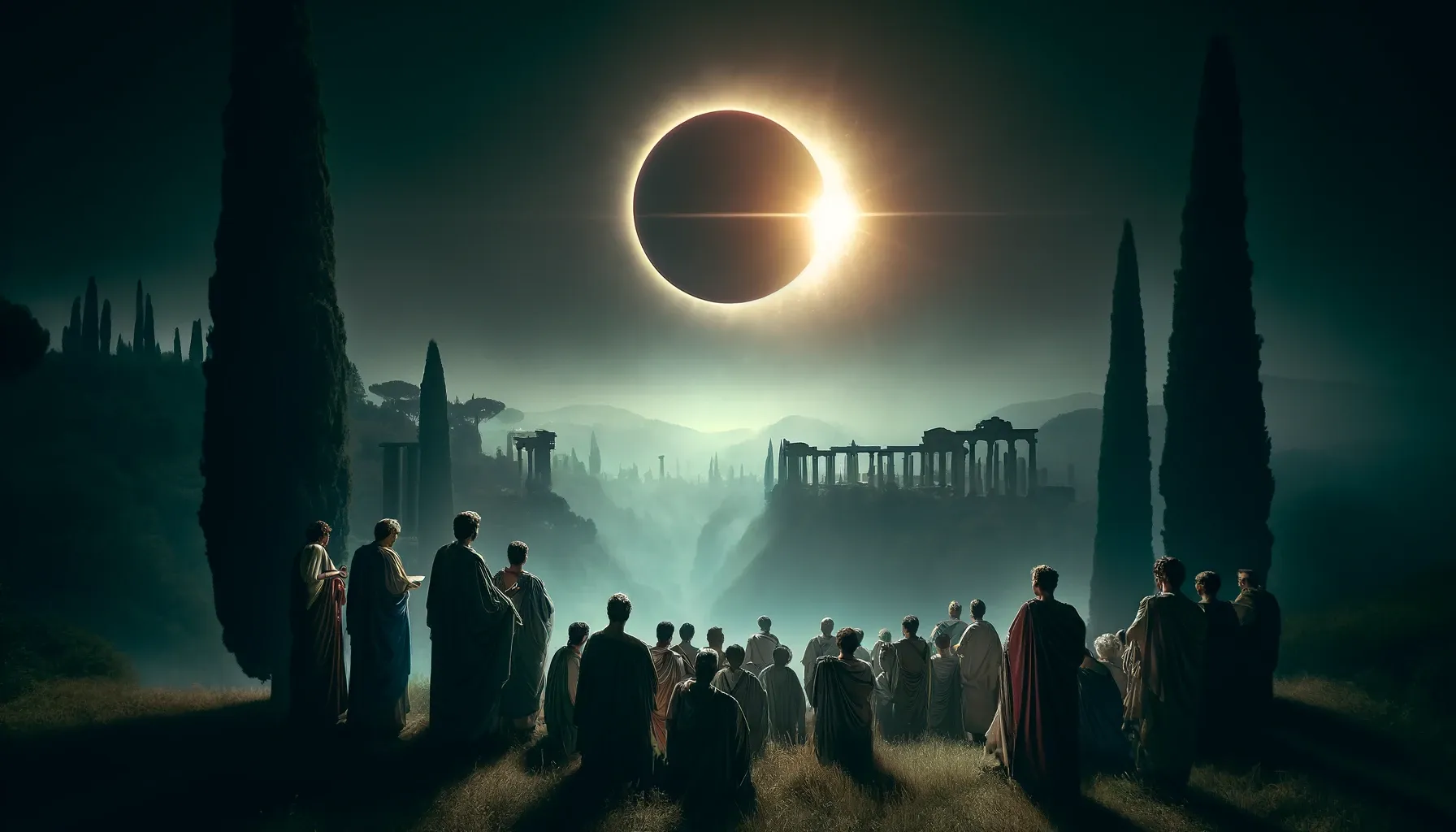
In ancient Rome, the cosmos was a tapestry woven with the deeds of gods and mortals, where celestial phenomena like solar eclipses were imbued with divine significance. The Romans, heirs to the Hellenistic tradition, interpreted these occurrences through a blend of fear, reverence, and intellectual curiosity, linking them closely with their deities and cultural lore.
Solar Eclipses: Omens from the Gods
For Romans, a solar eclipse was not merely an astronomical event; it was a powerful omen. Eclipses, both lunar and solar, were considered portents of significant change or turmoil, often seen as warnings from the gods about impending disasters or upheaval in the realm. The darkness that enveloped the day was interpreted as an expression of divine displeasure or as foretelling significant historical shifts, from wars and natural disasters to the death of emperors and political upheaval.
During the transition from the Republic to the early years of the Empire, spanning about eighty years, three solar eclipses were noted during significant events: the death of Caesar, the passing of Augustus, and interestingly, a solar eclipse coinciding with Claudius's birthday.
Pliny the Elder, who died in AD 79 while attempting to save victims of Mount Vesuvius's eruption, covered topics ranging from geology and geography to nature and history in his Naturalis Historia. In his examination of the skies and celestial bodies, Pliny touched upon eclipses, citing two instances: one following Julius Caesar's assassination in 44 BC and another, remarkably long eclipse that persisted for nearly an entire year amid the conflict between Anthony and Octavian (Augustus).
Eclipses of the sun also take place which are portentous and unusually long, such as occurred when Caesar the Dictator was slain, and in the war against Antony, the sun remained dim for almost a whole year.
Shortly before Augustus' death, in AD 14, Cassius Dio tells us that there were several portents of Augustus' coming fate, one of which was:
"the sun suffered a total eclipse and most of the sky seemed to be on fire; glowing embers appeared to be falling from it and blood-red comets were seen"
The solar eclipse during Claudius' tenure holds particular importance due to its timing; it was forecasted to coincide with the Emperor's birthday, marking an unusual and ominous occurrence.

Knowing that eclipses were seen as portents of misfortune and ill omens, Claudius in an attempt to forestall any unrest:
"issued a proclamation in which he stated not only the fact that there was to be an eclipse, and when, and for how long, but also the reasons for which this was bound to happen". Cassius Dio Book 60 Chapter 26
Cassius Dio narrates Claudius' rationale for eclipses, highlighted in his official declaration. This event is noteworthy firstly because Roman astronomers could precisely forecast the occurrence of a solar eclipse on a specific day, and secondly, because the Emperor, grasping the scientific basis behind such phenomena, endeavored to enlighten his populace to mitigate any potential unrest. Throughout Roman chronicles, celestial phenomena like comets with luminous trails, bright stars, and eclipses frequently appear, with eclipses in particular casting a temporary shadow over the earth, evoking an eerie twilight reminiscent of Elysium.
The Divine Interplay: Apollo and the Sun
Apollo, borrowed from Greek mythology and assimilated into Roman worship as the god of the sun, music, and prophecy, played a pivotal role in the interpretation of solar eclipses. Romans believed that during an eclipse, Apollo, the sun charioteer, was either displeased with the mortal realm or engaged in celestial battles, temporarily obscured by the shadow of conflict. This period of darkness was a time of reflection and appeasement for the Romans, who sought to understand and mitigate the gods' warnings.
Seneca, in the seventh book of his "Natural Questions," posits that eclipses were considered omens only due to a misunderstanding of natural laws by those uneducated in scientific principles. This 'rational' approach to interpreting extraordinary events was accessible primarily to the learned, who were familiar with Aristotle's idea that natural explanations should be sought for observed phenomena.
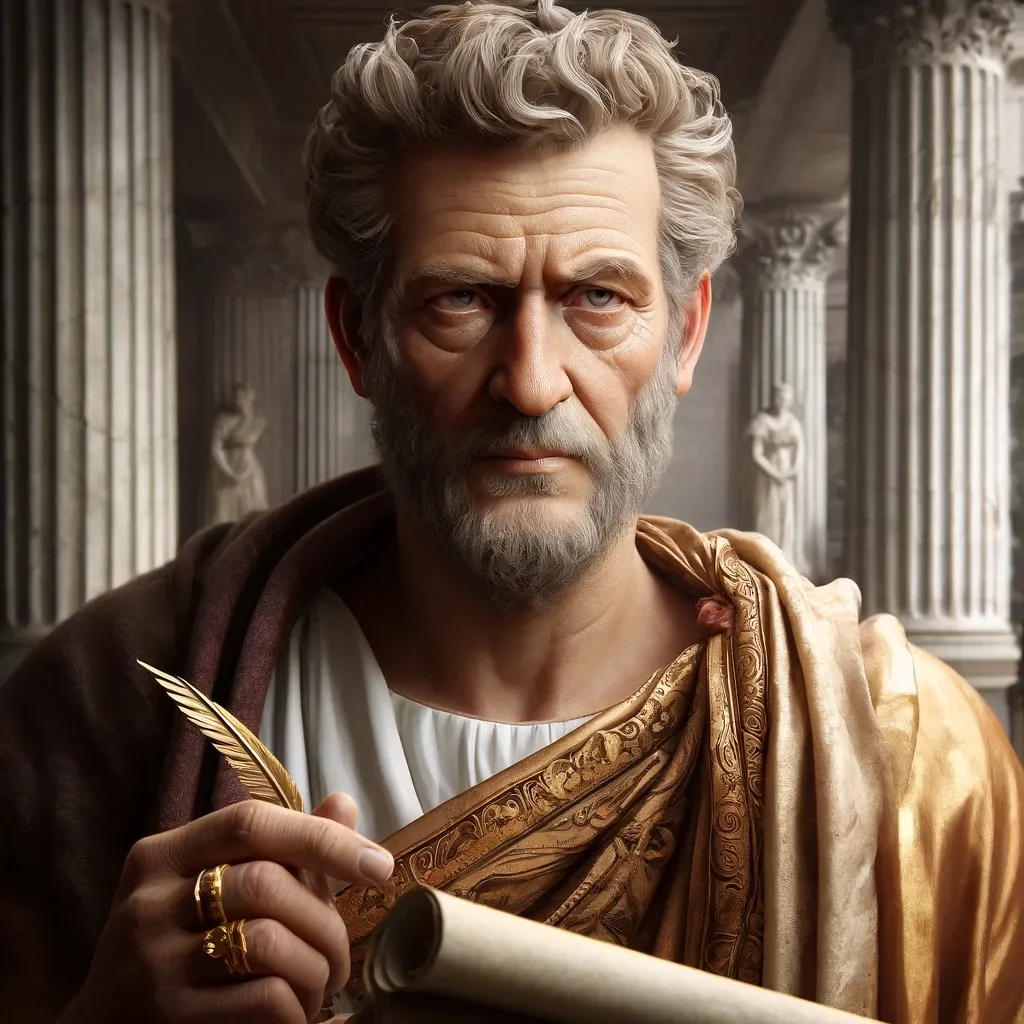
The distinction between the educated Romans and the common masses was never more apparent than in their understanding of lunar and solar eclipses. Unlike natural disasters such as earthquakes or diseases, eclipses could be fully comprehended and precisely predicted without modern technology or scientific advancements.
However, for those without the opportunity to engage in detailed observation or who lacked access to extensive knowledge, eclipses represented the most awe-inspiring and ominous phenomena imaginable. The sun's daily presence was a fundamental aspect of life; thus, its unexpected disappearance during an eclipse could evoke fears of the world's end. Similarly, while the gradual disappearance of the new moon was a regular occurrence, the sudden concealment of the moon's light during a full moon, when least expected, could lead the uninformed to believe in impending chaos and destruction.
In the Roman Empire, the uneducated were often depicted as ignorant and superstitious, lacking access to such interpretations. Unlike this elitist viewpoint, Aristotle began his discussions on nature with the inclusive statement that “all men by nature yearn for knowledge,” suggesting a universal thirst for knowledge. Similarly, Cicero defended the common people against the condescension of the elite, suggesting that the general populace was not only capable of understanding scientific concepts but would also benefit from such knowledge.
Rituals and Responses to Eclipses
To counteract the ominous signs of a solar eclipse, the Romans engaged in various public rituals and sacrifices to appease the gods and restore the cosmic balance. Priests and augurs, tasked with interpreting the will of the gods, would conduct elaborate ceremonies to seek divine favor and protection. It was common for Romans to gather in public spaces, offering prayers and sacrifices, while individuals might observe fasting or engage in superstitious practices to protect themselves from the perceived negative energies of the eclipse.
The Intellectual Pursuit: Roman Science and Observation
Despite their deep entanglement with superstition and divine interpretation, the Romans also contributed to the early scientific observation of celestial phenomena. Scholars and natural philosophers, influenced by Greek predecessors like Aristotle and Ptolemy, sought to understand the mechanics of eclipses. Although their explanations remained rooted in the geocentric model of the universe, these intellectual pursuits laid the groundwork for future astronomical advancements, blending myth with a nascent curiosity about the natural world.
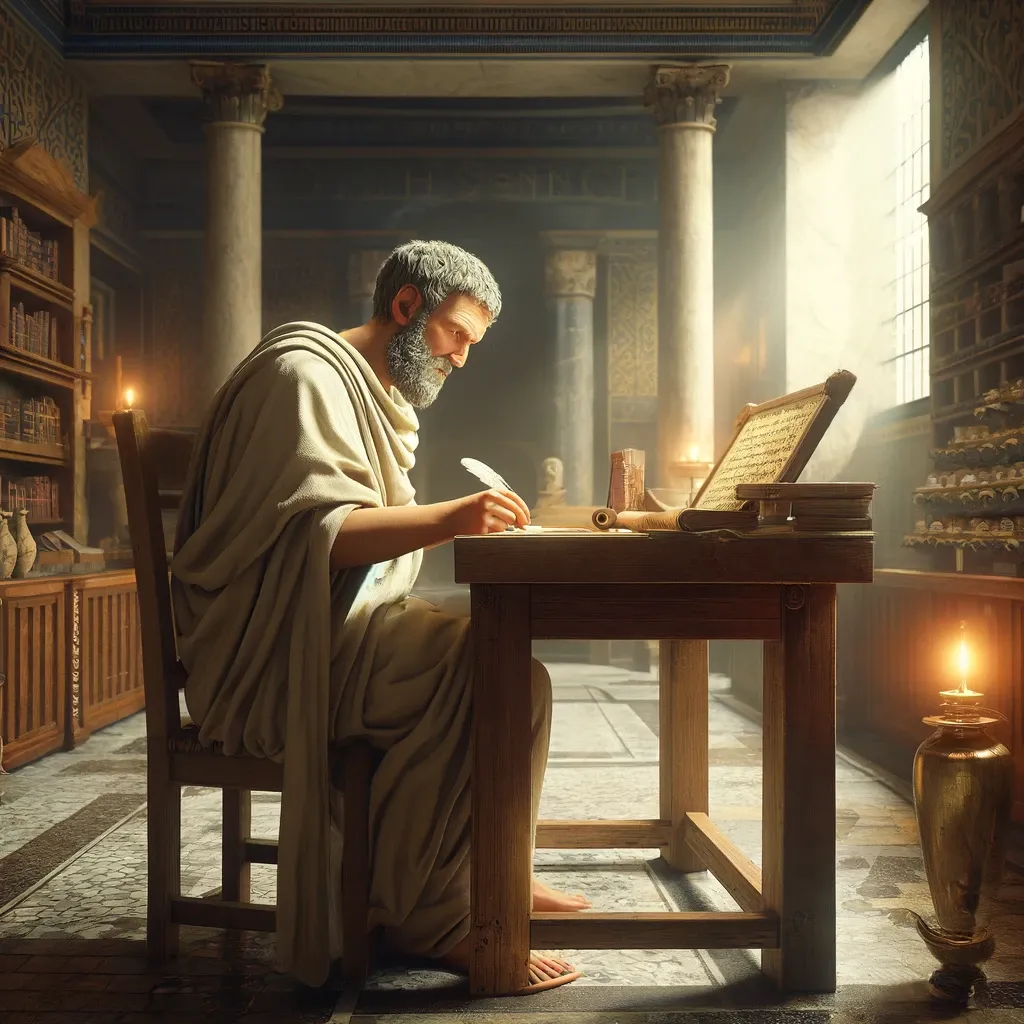
In the early Roman Empire, attitudes towards eclipses diverged significantly among the educated and the uneducated. Ancient texts describe eclipses as ominous signs, astrological predictions, outcomes of nefarious sorcery, and also as phenomena understandable through science. While superstitions about eclipses were present across all social strata, a scientific comprehension of eclipses appears to have been confined to the educated minority. Given that this literate group constituted only a small fraction of the population, especially outside urban centers, it's challenging to claim what the ancient populace as a whole "knew" about the natural world. This example suggests that scientific knowledge had not permeated popular culture to the extent it has in contemporary societies.
The enlightened interpretation of unusual occurrences was predominantly accessible to those educated in Aristotelian principles, which advocated for seeking natural explanations for events. This perspective was not widespread among the common people during the Empire, leading to their depiction as superstitious and uninformed. Yet, Aristotle and Cicero adopted a more inclusive view: Aristotle opened his discussion with the idea that a desire for knowledge is a natural human inclination, and Cicero argued against elitist disdain for the common people, suggesting that they not only have the potential to grasp scientific concepts but also stand to gain significantly from such understanding.

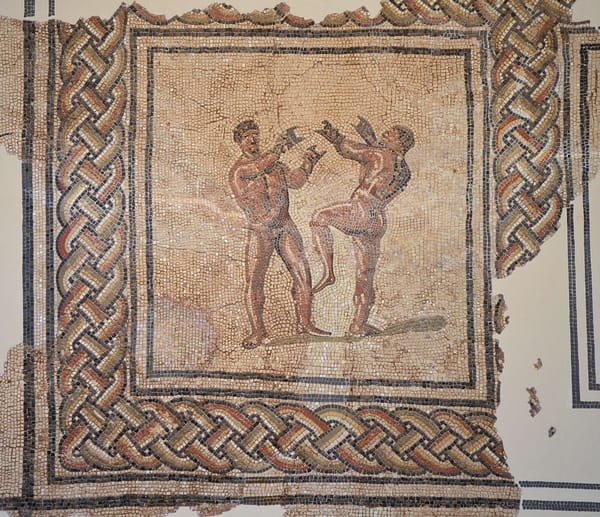

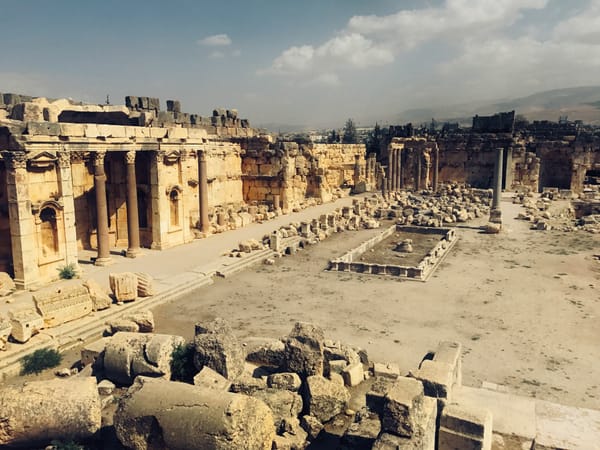

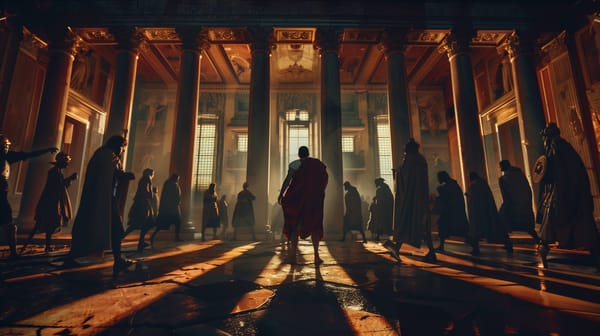



About the Roman Empire Times
See all the latest news for the Roman Empire, ancient Roman historical facts, anecdotes from Roman Times and stories from the Empire at romanempiretimes.com. Contact our newsroom to report an update or send your story, photos and videos. Follow RET on Google News, Flipboard and subscribe here to our daily email.
Follow the Roman Empire Times on social media: